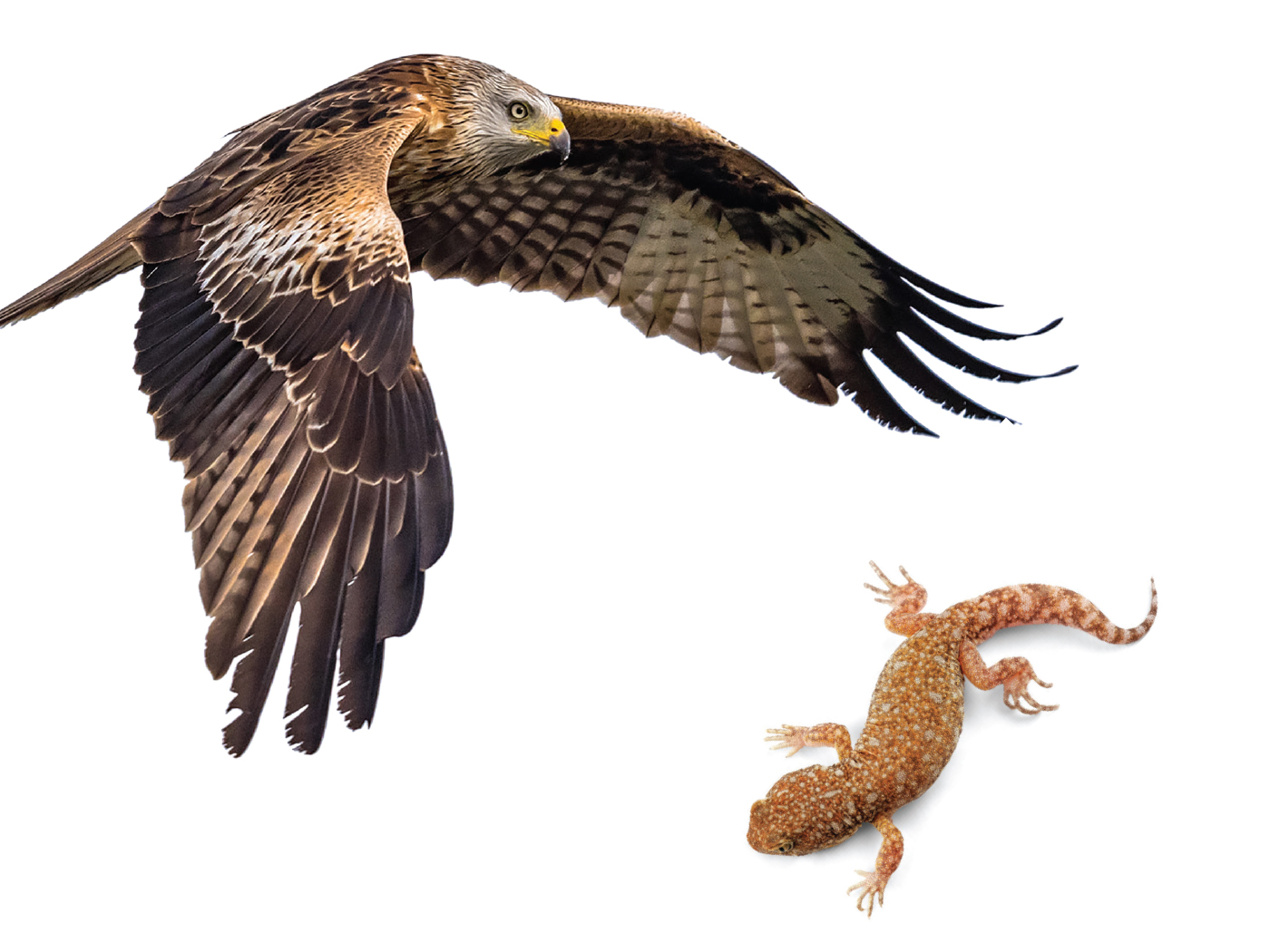It was once the banner fossil behind the idea that land-walking creatures emerged from fish with overgrown fins. The lobe-finned fish was found in strata deemed 400 million years old—close to the time when land creatures supposedly evolved—making a tidy evolutionary story. But that didn't last long. Marjorie Courtenay-Latimer became famous for finding the live creature on a small fishing boat in 1938. A new survey of the critically endangered fish's genes shows that they are not finished divulging surprises.
A team led by German researchers from Ruhr-University Bochum published the first genetic population survey of these storied fishes in the journal Current Biology.1 They analyzed DNA sequences from 71 adult coelacanth fish.
The team analyzed the most variable region of the mitochondrial chromosome, the "d-loop." After 400 million years, different fish populations should show significant differences, but only 8 of 726 ceolacanth d-loop base pairs showed variation. Such a low number of differences is easily explained if coelacanth are only thousands of years old.
The study authors wrote in Current Biology, "Either the evolutionary rate in Latimeria chalumnae [coelacanth] is extremely slow or haplotypes may have diverged rather recently after the species went through a bottleneck."2 To have only produced 8 out of 726 base pairs in mitochondrial DNA's most highly variable region after 400 million supposed years would be a rate so "extremely slow" that it defies credibility.
On the other hand, recent species divergence fits the genetic data. But it also fits the creation model, wherein coelacanth fish were created only thousands of years ago. Some died and were buried in Noah's Flood to later become world famous fossils, and a few others survived through the Flood to eventually produce today's populations.
As if still-living coelacanths were not enough of a blow to evolutionary dogma, its genetics now also confirm biblical creation.
References
- Wieler, J. 400 million years old, but still capable of adapting. Ruhr-University Bochum press release, July 13, 2012.
- Lampert, K.P. et al. 2012. Population divergence in East African coelacanths. Current Biology. Published online before print. 22 (11): R439-R440.
* Mr. Thomas is Science Writer at the Institute for Creation Research.
Article posted on August 24, 2012.





















